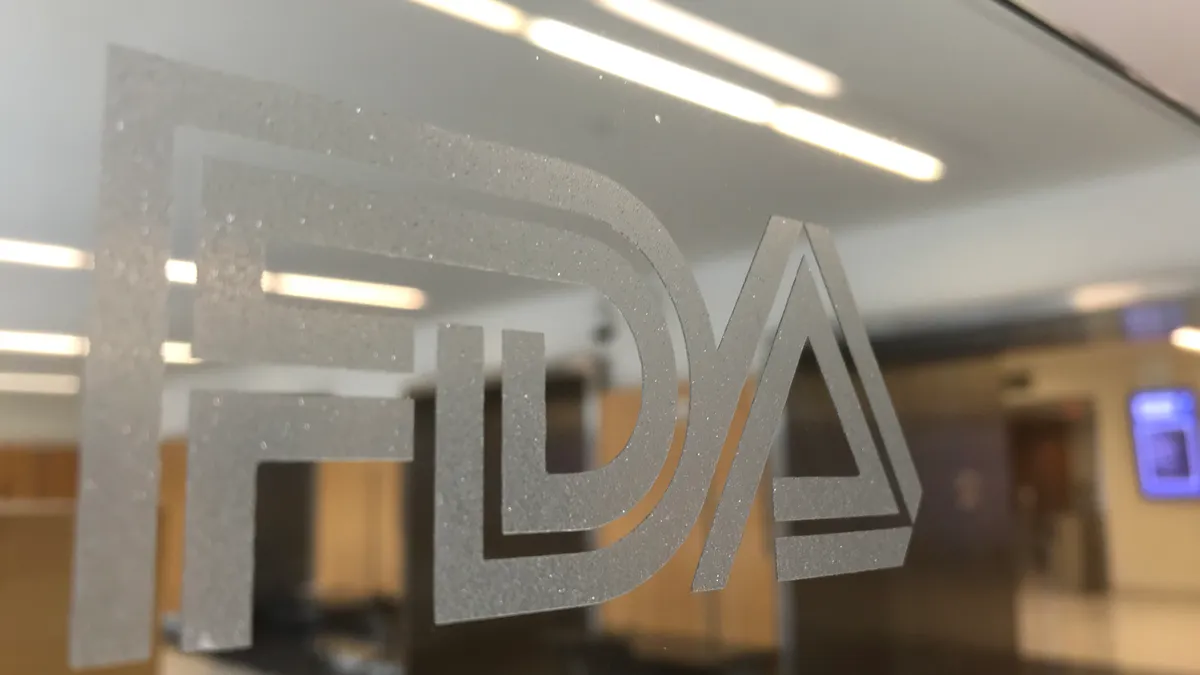Dive Brief:
- FDA awarded premarket approval to Terumo's MicroVention subsidiary for a flow diversion system to treat wide-neck intracranial aneurysms of the carotid artery.
- The Flow-Redirection Endoluminal Device, or FRED, expands to a pre-determined diameter after implant to divert blood flow from entering the neck of the aneurysm, an abnormal bulge in an artery in the brain caused by weakness in the vessel wall.
- The approval was supported by a clinical study that demonstrated a primary effectiveness success rate of 56.7% in an evaluation of 135 patients at 12 months. Nine primary safety endpoint events included patients who experienced strokes including one death, given the population, the FDA said the risk-benefit ratio is favorable.
Dive Insight:
A subsidiary of Japanese medical device maker Terumo since 2006, MicroVention has been on a roll with a string of FDA approvals over the past two years.
The California-based unit consolidated its operations in 2017 in a new 205,000-square-foot center in Aliso Viejo built to support its anticipated growth. The company specializes in catheter-based, minimally invasive treatments for cerebral aneurysms, ischemic stroke and carotid artery disease.
The Brain Aneurysm Foundation estimates six million people in the United States have an unruptured brain aneurysm. MicroVention is among a number of companies, which include Stryker, Johnson & Johnson and Medtronic, focused on treatments for the condition.
MicroVention's latest premarket approval is its third in less than two years. Last January, the company was awarded a PMA for its WEB embolization system to treat intracranial aneurysms. That device, implanted in the aneurysm sac to create a scaffold and disrupt blood flow, was acquired through Terumo's 2016 acquisition of Sequent Medical.
The company in 2018 picked up a PMA for a pair of LVIS stents that support coil embolization for intracranial aneurysm treatment. Its SOFIA catheter also received FDA clearance in 2018 for a new indication for an aspiration technique for revasularization in patients who have suffered acute ischemic stroke.
Tokyo-based parent Terumo's products are used in cardiothoracic surgery, interventional procedures and transfusion medicine. The company also makes a range of syringes and hypodermic needles for hospital and physician office use.










